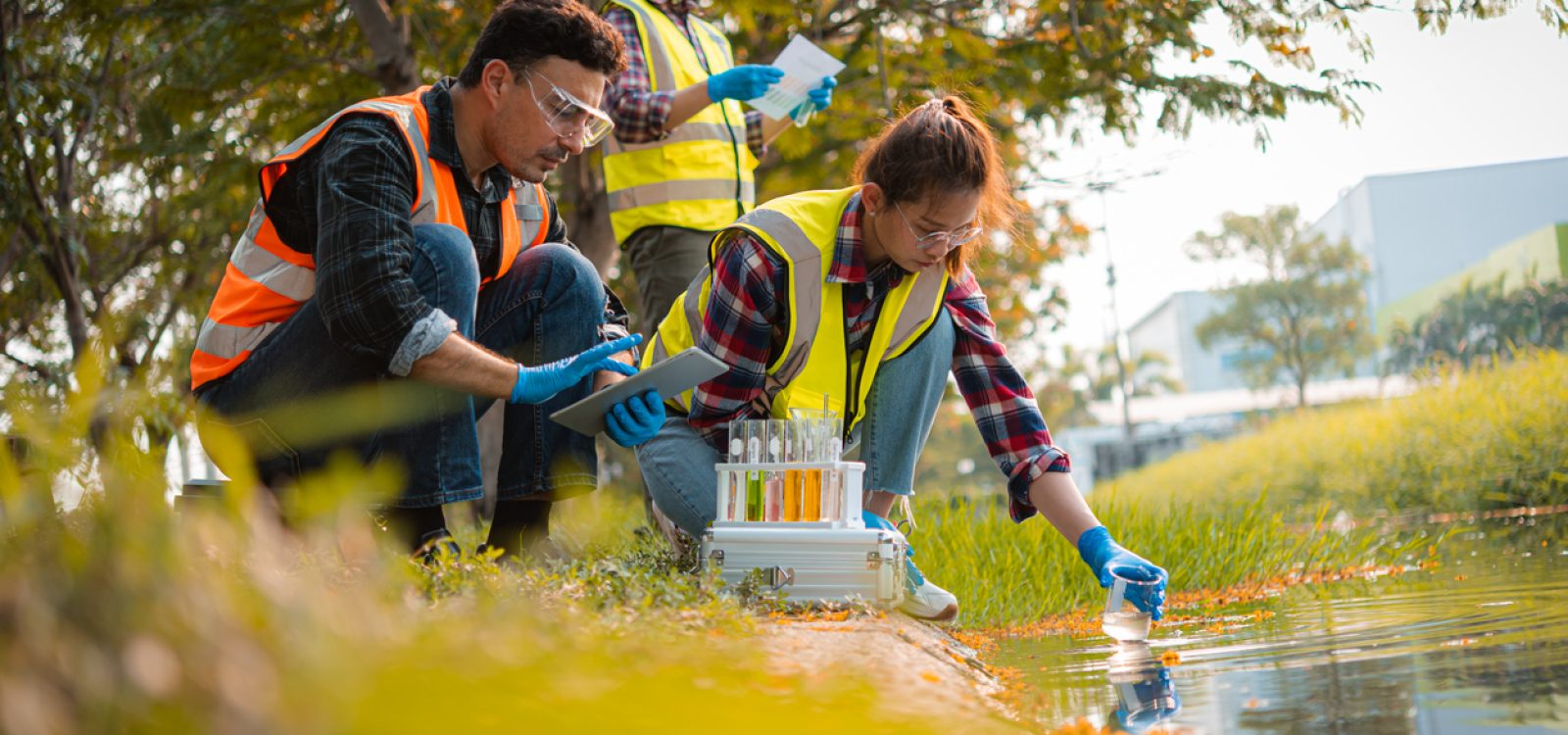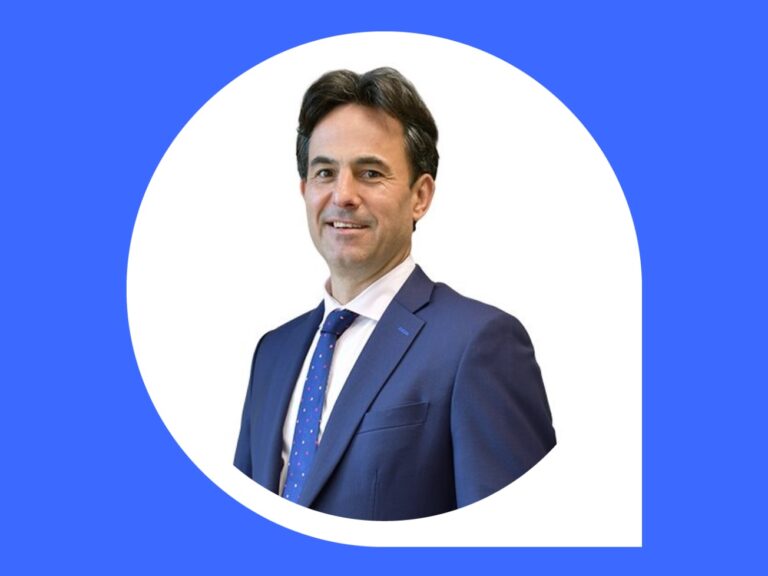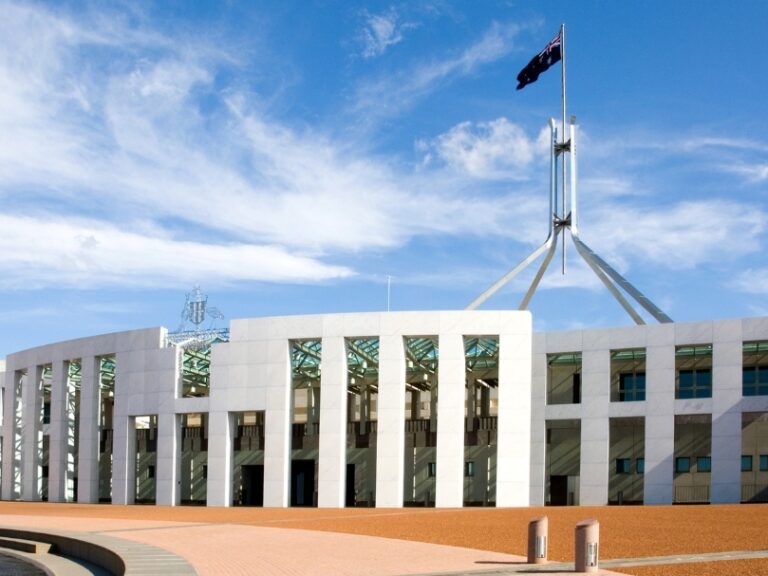
Empowering Decision-Making in a Changing Climate
In the current climate crisis, there is a stark gap between science and action.
The UNSW Institute for Climate Risk and Response seeks to bridge this gap as Professor Ben Newell partners with leaders to navigate uncertainties and drive impactful change.
To understand issues in bridging the gap, Ramona Meyricke speaks to Professor Ben Newell from the School of Psychology and Director of the Institute for Climate Risk and Response (ICRR) on what’s needed to empower business, government, and society to address the risks and opportunities of climate change and take an integrated approach to climate risk.
Tell us a bit about the new UNSW Institute for Climate Risk & Response and why it has been set up?
Professor Newell: The Institute for Climate Risk & Response (ICRR) was set-up to empower businesses, governments, and society to address the risks and opportunities of climate change.
Climate change creates significant challenges and opportunities across all sectors of society. The exact impacts of climate change over the long-term are highly uncertain and complex.
However, it is clear that the climate crisis cannot be addressed without substantial societal change as getting to net-zero emissions requires significant change, in every sector, in every country.
The UNSW Institute for Climate Risk and Response drives innovative research and education in climate risk. By partnering with industries we help build capability in the identification and measurement of risks and approaches to decision-making needed to manage climate risks, as well as advise on the responses to climate risks.
The literature on the psychology of decision-making under uncertainty is extensive. It suggests that when faced with uncertainty – people often rely on heuristics or intuition and may be unduly influenced by biases or past experience.
When relying on intuitive processes, humans may over-weigh certain pieces of information such as events that have happened recently, or things that come to mind more readily rather than things that have a better statistical relationship with the outcome that we’re interested in.
This can act as a barrier for action on climate change – as responding to climate change usually involves ‘paying’ a certain cost today to unlock complex, uncertain future outcomes.
As well as understanding climate science – to make good decisions – we need to join up climate science with an understanding of psychological factors and other factors that drive decision-making in different sectors and roles (i.e., for economists, actuaries, policy-makers, legal professionals, industry and governments responding to climate risk). We think there is a significant gap in many jobs where climate risk skills and literacy are, and where they need to be. These are the key themes that led to ICRR being set-up.
What contribution do you think actuaries can make in this area?
Professor Newell: One of the key strands of theory on decision-making under uncertainty is the distinction between ‘mechanical’ and ‘intuitive’ methods for making risk judgements. Hundreds of years ago though, there were pioneering actuarial models of decision-making using empirically established relations between data and the condition or event of interest – such as the use of survival curves and life tables in medical decision making which dates back to the 1800s.
Modern day ‘mechanical’ methods for decision-making rely on sophisticated algorithms and models to make a prediction, whereas intuitive methods use your expertise and understanding of the situation to make a judgement call.
Recent psychological research has found that a combination of both methods works well in some situations. Human judgement is usually good for selecting the relevant pieces of information to include in a model, but statistical or computational approaches to weighting pieces of information tend to be more effective than our brains at working out what weight to assign to different factors.
I see huge scope for actuaries to harness all the evidence we have on decision-making and climate change to help different sectors navigate into the future and make a positive impact. Rather than just looking at mechanical models – whether they are climate models, cat models, or financial models – actuaries have a reputation for looking at the full picture to form robust and outcome-centered advice. We’ve had some preliminary conversations with the Actuaries Institute Climate and Sustainability Working Group and are looking forward to furthering those conversations in 2024.
What would success for the Institute for Climate Risk and Response look like in a few years’ time?
Professor Newell: In three years or so time, success would look like progress on numerous fronts.
First, success is genuine collaboration between climate scientists, behavioural scientists, economists, actuaries, policy-makers, industry and others leading to the impactful application of all this inter-disciplinary knowledge to drive change in how we adapt and how we mitigate climate change.
Second, we want to educate a new generation of climate leaders and communicators – who are ‘climate risk literate’ – or aware of the complexities of making decisions and taking action in the face of complexity and uncertainty – but are still able to either make good decisions themselves or help others make decisions, that advance us towards stable global temperatures and effective adaptation to climate risk.
To learn more about the UNSW Institute Climate Risk and Response go to their website here and sign up to the mailing list.
CPD: Actuaries Institute Members can claim two CPD points for every hour of reading articles on Actuaries Digital.






